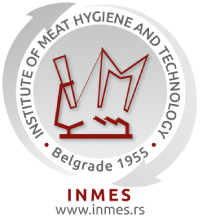Predicting microbial growth: Theory and Application
Abstract
Predictive microbiology is a recent area within food microbiology, which studies the responses of microorganisms in foods to environmental factors (e.g. temperature, pH, NaCl) through mathematical functions. These functions enable scientists to predict the behavior of pathogens and spoilage microorganisms under different combinations of factors. Predictive microbiology models have immediate practical applications to improve microbial food safety and quality, and are leading to the development of a quantitative understanding of the microbial ecology of foods. Predictive models in foods have developed significantly in the last 20 years due to the emergence of powerful computational resources and sophisticated statistical packages.
Modeling microbial responses in food requires the interdisciplinary collaboration of food microbiologists and mathematicians; food technologists and computing scientists; molecular microbiologists and statisticians.





